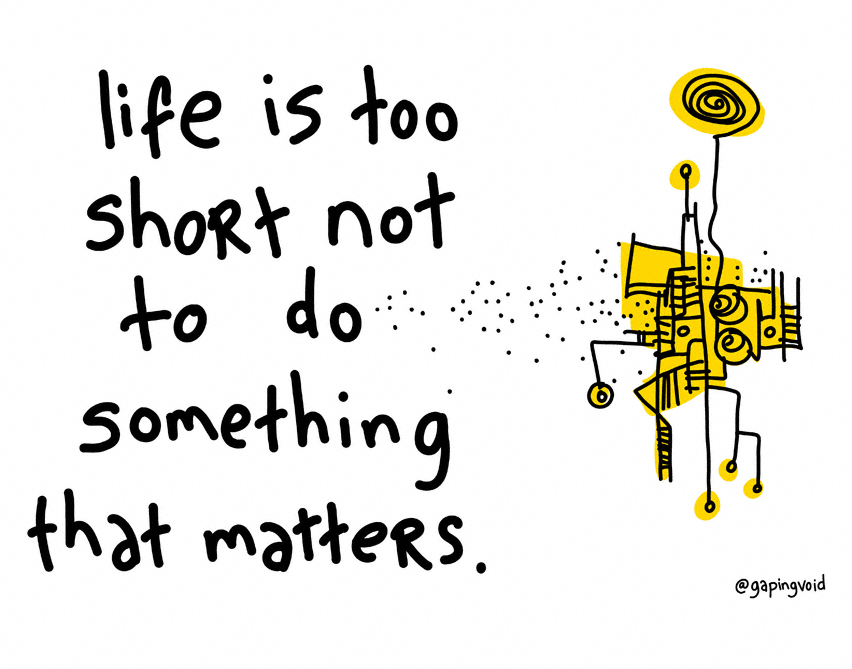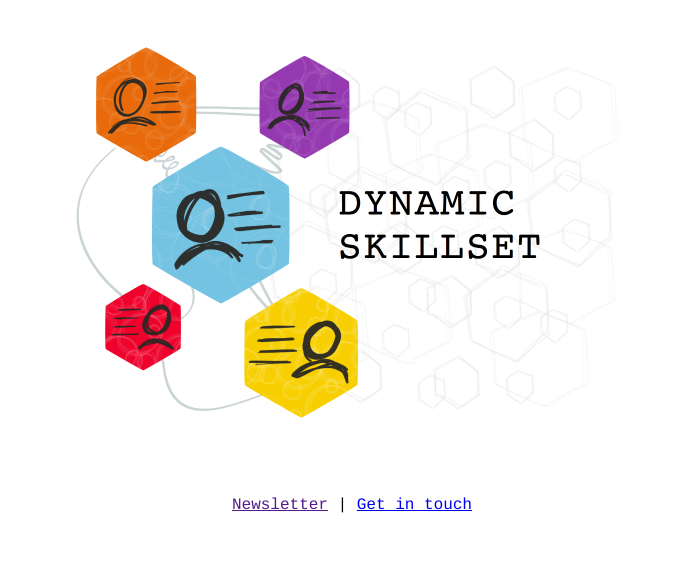Weeknote 46/2020

This quotation from Marcus Aurelius really stuck with me this week:
Reflect often upon the rapidity with which all existing things, or things coming into existence, sweep past us and are carried away. The great river of Being flows on without pause; its actions for ever changing, its causes shifting endlessly, hardly a single thing standing still; while ever at hand looms infinity stretching behind and before – the abyss in which all things are lost to sight. In such conditions, surely a man were foolish to gasp and fume and fret, as though the time of his troubling could ever be of long continuance.
Marcus Aurelius, Meditations (Book Five)
This has been, all things considered, a good week. On Wednesday, my therapist effectively discharged me — although I’ll be doing some maintenance sessions every so often. I’m much better equipped to deal with things both professionally and personally than before I started last September.
I originally sought therapy after the death of a good friend which threw up all sorts of things that I didn’t feel capable of dealing with adequately. Now, over a year later, although I’d much rather have Dai with us, for me the growth I’ve undergone has been a small silver lining to that tragic event.
This week I published three posts here:
- How to build ideological products that delight users
- The Ice Cream Fork of Productisation
- What I do when I don’t know what to do
…and on Thought Shrapnel:
- Philosophical anxiety as a superpower
- Much will have more
- ‘Prepper’ philosophy
- To pursue the unattainable is insanity, yet the thoughtless can never refrain from doing so
The bulk of my work this week was carried out with and for Outlandish. I ran a short workshop on productisation, did some work on their Building OUT strand, and otherwise talked to people about how to get the organisations ready to be more product-focused.
On Friday, I travelled to the Peak District to meet my good friend Bryan Mathers. As I’ve pointed out in previous weeknotes, of late things within the co-op could be better, so we decided to have a chat to figure out what that meant for our relationship. Virtual meetings are great 95% of the time, but sometimes you need to in the same place as someone, going for a walk and an extended discussion.
I’ve decided not to do any further work through We Are Open, and instead put my energies into new ventures. For now, that means I’ve been spending time updating the website of Dynamic Skillset, my consultancy business. More on that soon, no doubt.
Next week I’ve got some conversations lined up, more work with Outlandish, and planning to put together a consortium to bid for some Catalyst funding they’re announcing on Monday.
Image looking south from Higger Tor in the Peak District, England.



